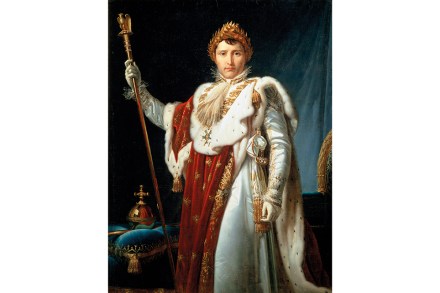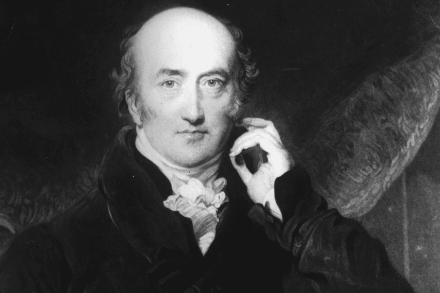The rise of conspiracy history
Readers would doubtless find it hard to believe that the late Queen and the Duke of Edinburgh kidnapped and killed indigenous children while on a state visit to Canada in 1964. Yet this story circulated for years in Canada along with other horror stories of the rape, torture and murder of indigenous children at the hands of depraved priests and nuns. The bodies, it was said, were thrown into furnaces or secretly buried at dead of night. These accusations were linked to boarding schools run by various religious bodies first established in the 19th century and finally closed in the 1990s. A Truth and Reconciliation Commission was set up in




















